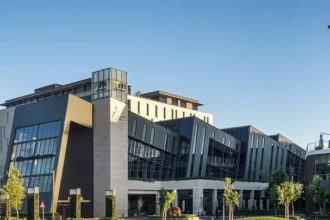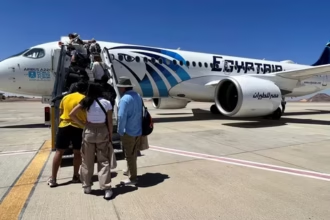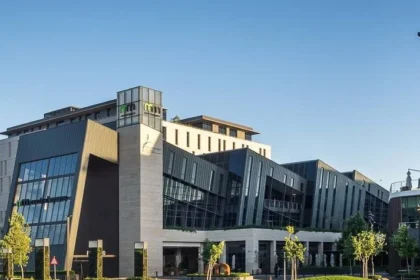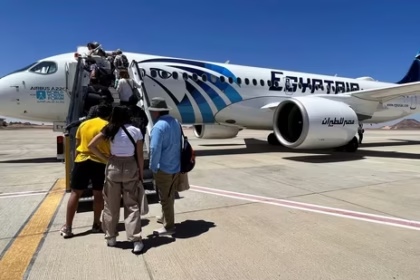On Aug. 29, 2003, Globacom Limited entered Nigeria’s telecom market at a time when mobile phones were largely a luxury, with SIM cards costing as much as $250. From the start, its vision was clear: to make communication accessible to every Nigerian, not just a select few.
That first step marked the beginning of a journey to change how people connect. Over the past 22 years, Globacom has grown from a bold newcomer into a key force in West Africa’s technological landscape, expanding access to communication across cities, towns, and remote villages alike.
Expanding digital access across West Africa
A major factor in this growth has been the company’s focus on making mobile services affordable. By cutting SIM card prices and offering competitive tariffs, Globacom transformed mobile telephony from an elite service into a tool that millions of Nigerians could use every day. This approach helped the company go beyond being a telecom operator, shaping how people communicate, transact, and interact with digital technologies across the region.
Investment in infrastructure has been another cornerstone of Globacom’s success. Its $1.5 billion Glo-1 submarine cable, stretching 6,100 miles to connect Nigeria directly to Europe, stands as a landmark project that has strengthened broadband speed and reliability across West Africa. Businesses, schools, and communities now have access to the kind of digital connectivity that is essential for modern life.
Today, Globacom serves more than 60 million subscribers and continues to reach underserved areas. Its portfolio includes mobile internet, 4G LTE, Glo TV, and cloud services, demonstrating a commitment to innovation beyond traditional telephony.

Globacom expands digital access nationwide
Recently, the Globacom launched public Wi-Fi in parts of Lagos, including commercial hubs like Tejuosho and Arena markets, as well as 15 LAMATA bus shelters. The initiative is expected to serve more than 200,000 users, easing congestion on mobile networks and providing faster, more reliable internet access.
Globacom’s efforts also extend to rural communities. In Kura, a settlement near Abuja, the company partnered with Chinese technology firm Huawei to bring mobile service to around 12,000 residents, many for the first time. Within two days, users streamed over 81 gigabytes of data and made more than 13,000 minutes of calls, with LTE speeds reaching up to 5.0 Mbps.
The company has also expanded its retail and digital footprint. Earlier this year, it opened a Gloworld store in Maiduguri, a city long affected by conflict and underinvestment. The store offers advanced technology solutions and improved customer service, showing Globacom’s focus on accessibility and the user experience.

Expanding digital hubs across Nigeria
Digital innovation hubs are another key part of the strategy. Following the launch of its Lagos hub, Globacom plans to open centers in Port Harcourt, Ibadan, and Abuja by mid-2025. These hubs aim to support entrepreneurs and provide opportunities in Nigeria’s growing tech ecosystem, helping the next generation of innovators access the tools and networks they need to succeed.
After 22 years, Globacom has established itself as one of Africa’s leading telecom companies. Its work has reshaped communication in West Africa, making access faster, more reliable, and widely available. From urban centers to rural communities, the company’s impact is seen in how people live, work, and connect in an increasingly digital world.















